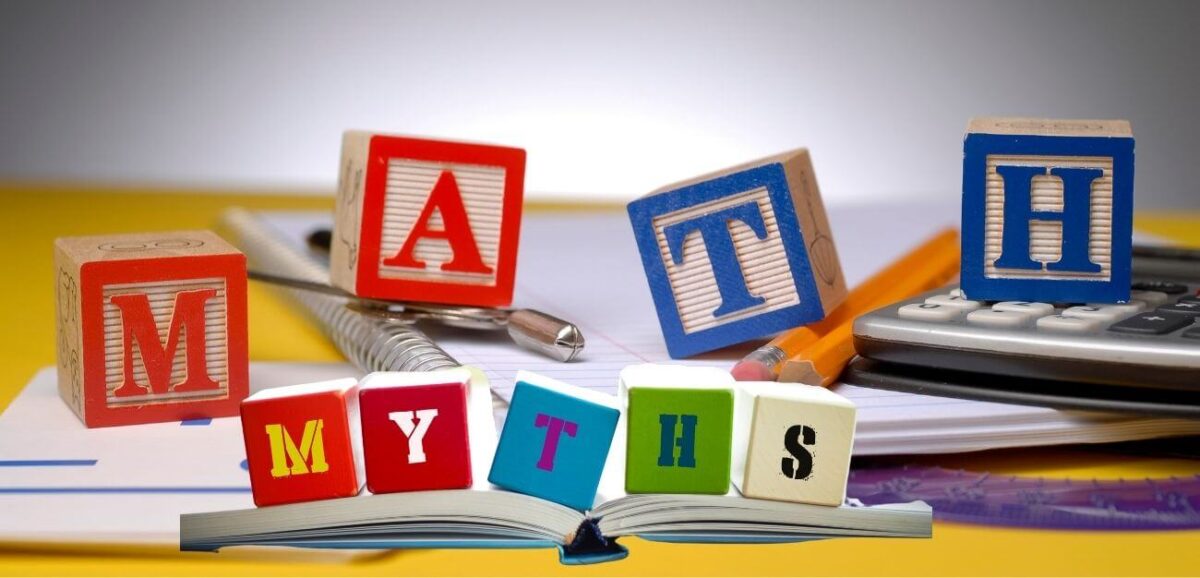As an elementary school teacher, one of the most common challenges I face in the classroom is helping students overcome their fear of mathematics. It is disheartening to see how the beliefs and misconceptions about math can impact a child’s confidence and performance in school. One of the reasons why this happens is because they […]
Categories
The 3 Math Myths


